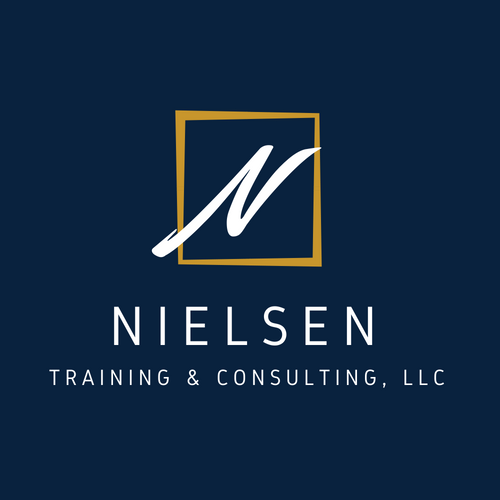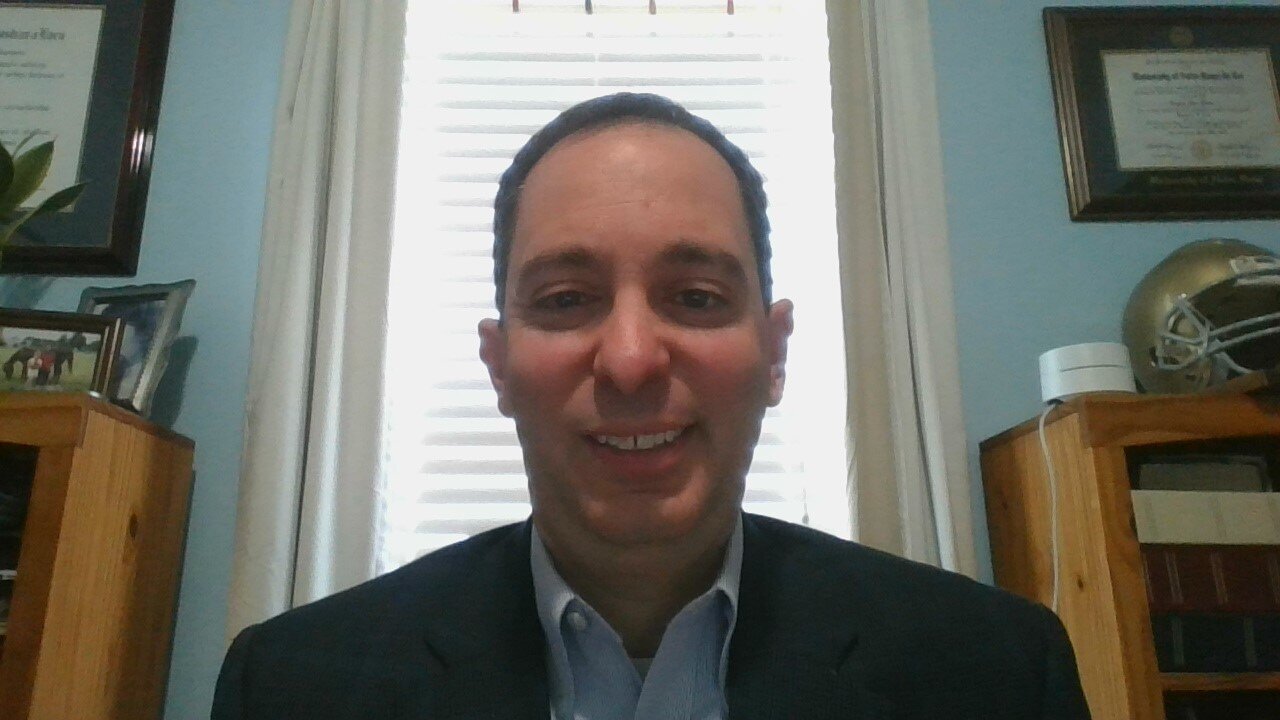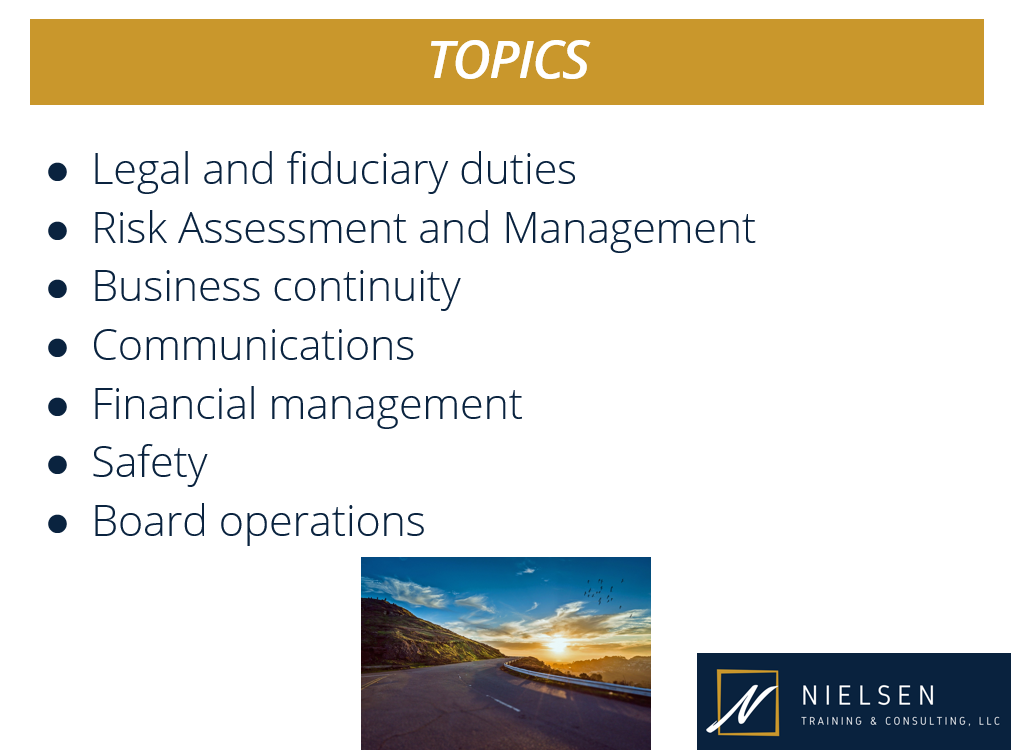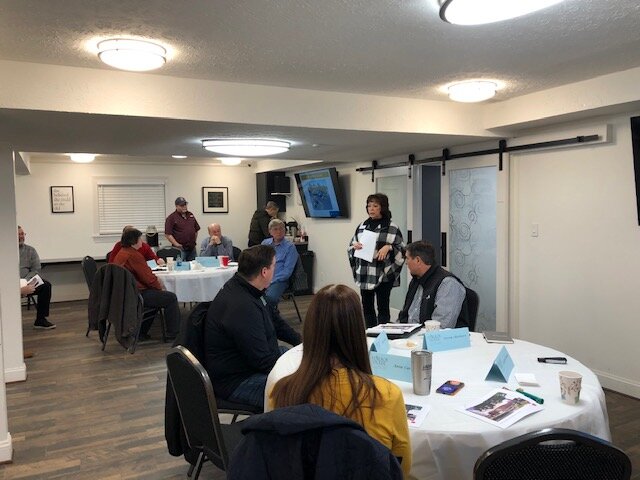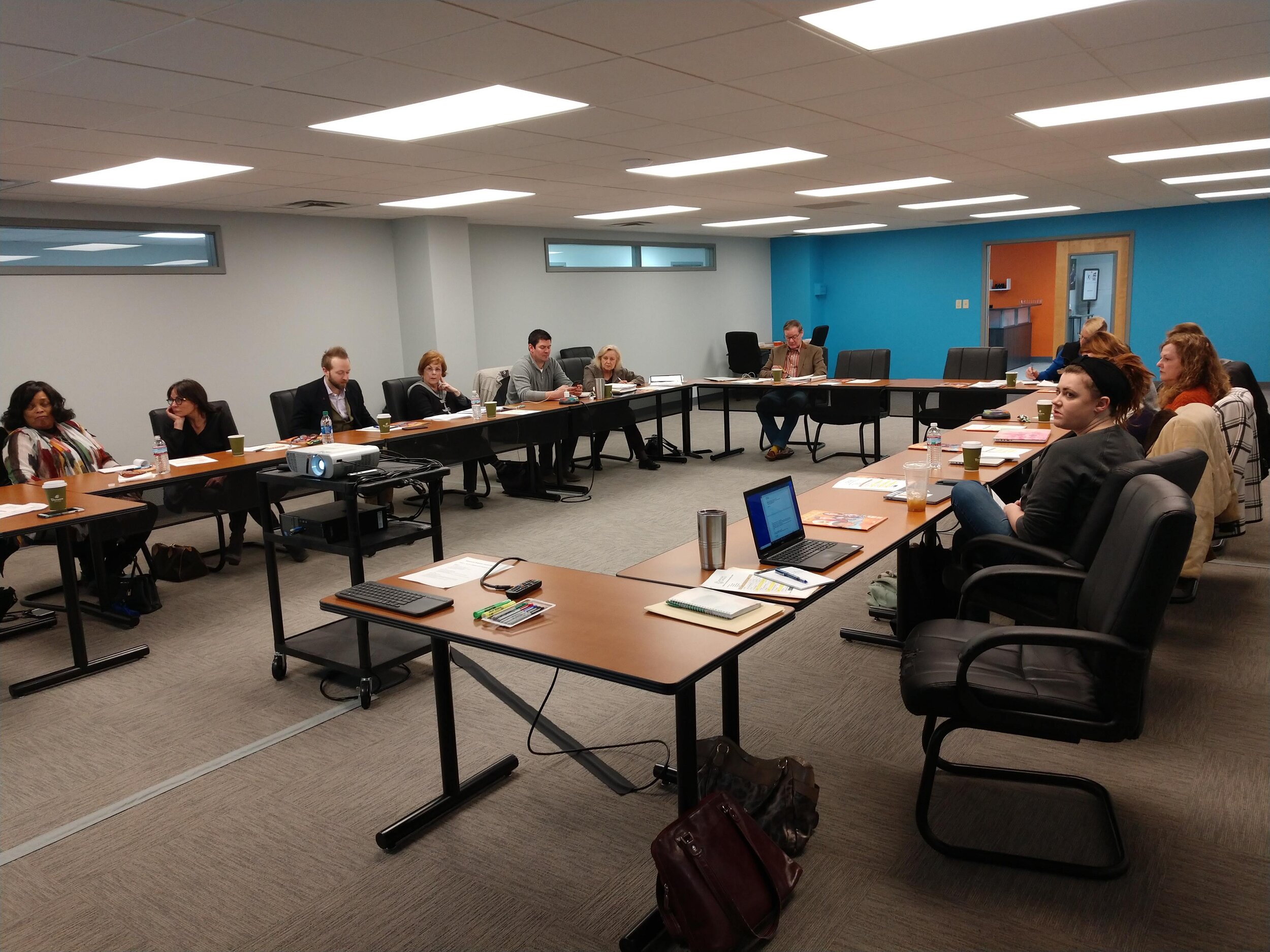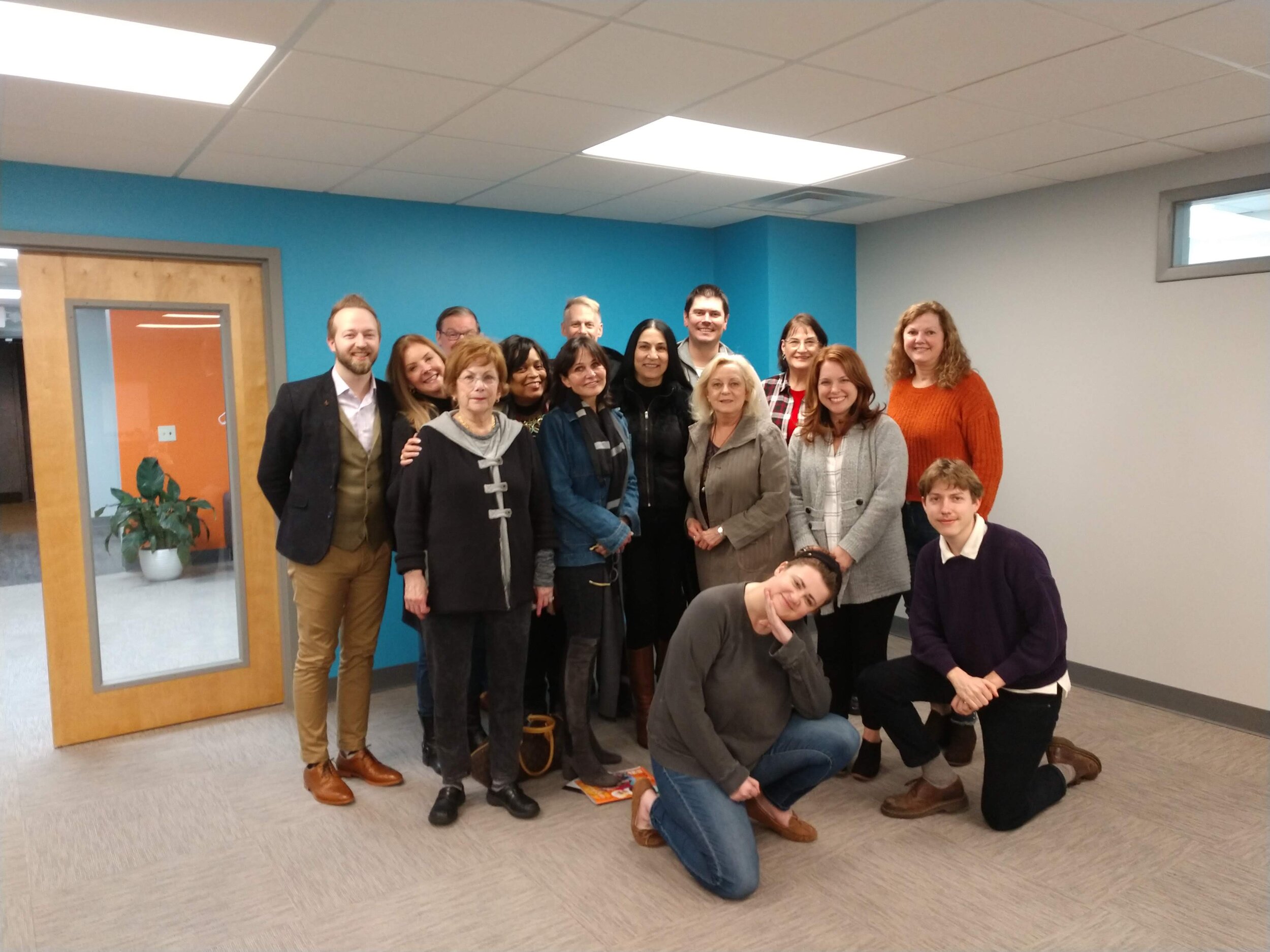Board leadership and engagement is vital in challenging times, and there are tangible steps Boards can and should take. Enjoyed leading a webinar today on Board Leadership in Challenging Times. We discussed risk management, financial assessment, business continuity and communication planning, and tips for fostering Board involvement in challenging times. If this information and webinar would be helpful for your Board, let’s connect and give your Board the tools and support to lead.
At a time of extraordinary challenge and uncertainty, nonprofit leaders continue to shine brightly, serving their communities in countless ways. I see your commitment and your sacrifice and am grateful. Last week, I shared resources in the areas of leadership, human resources, governance, and philanthropy that many found helpful, and I am doing so again today.
I reiterate to all the amazing nonprofit leaders out there, you are not alone. We are in this together. We may be physically distant, but we are not socially distant. Together we can continue to build and preserve community as servant leaders. I am available to serve as a thought partner, facilitator, or sounding board. By supporting one another and sharing information and ideas, we will get through this together.
COVID-19: RESOURCES FOR NONPROFIT LEADERS: March 20, 2020
Leadership:
Source: Center for Creative Leadership
Source: Steve Zimmerman; Spectrum Nonprofit Services; Nonprofit Leadership Center
No Business Continuity Plan? Take These 4 Steps
Source: Nonprofit Risk Management Center
Self Care:
Board Role/Governance:
What Nonprofit Board Members Should Be Doing Right Now to Address the COVID-19 Situation
Source: BoardSource
Human Resources:
A Quick Summary of the New Emergency Leave Law
Source: Civitas Strategies
PODCAST: Developing an Effective Work-From-Home Program
Source: Nonprofit Vision
Legislation and Advocacy:
Nonprofits Seek $60 Billion Federal Aid Package
Source: The Chronicle of Philanthropy
Philanthropy:
A Call to Action: Philanthropy’s Commitment During Covid-19
Source: Council on Foundations
I recently had the privilege of joining Janeal Ford of Fordable Fundraising for a Facebook Live conversation on developing a Board orientation program for excellence. Take a listen as I talk with Janeal about tangible ways in which you and your Board can develop an orientation program that sets Board members and the Board team up for success.
This is a time of uncertainty, a time of fear, and a time when the challenges of the moment can seem overwhelming. A nonprofit Executive I spoke with yesterday captured the feelings of many when she said, "It feels as though my Board, staff, donors, and volunteers are all looking to me to be a pandemic expert and know exactly how to respond." As nonprofits around the country navigate new and rapidly changing realities, leaders are discussing:
Operational contingencies
Loss of funding
Potential shifts in Board meetings
Policy changes to address the wellbeing of staff members and those served by the mission
Status of upcoming events
To all the amazing nonprofit leaders out there, you are not alone. We are in this together. Helpful resources are being created to provide guidance during these uncertain times and I have pulled some of them together in one place for you as links below. As we navigate these choppy waters together, I am available to serve as a thought partner, facilitator, or sounding board. By supporting one another and sharing information and ideas, we will get through this together.
COVID-19: RESOURCES FOR NONPROFIT LEADERS
Leadership:
Source: Civitas Strategies
How To Quickly Set Up A Work-From-Home Program
Source: Skye HR Consulting
Running Effective Virtual #Nonprofit Meetings: 9 Best Practices for Facilitating Engagement
Source: Beth Kanter
Board Role/Governance:
Nonprofit Governance: Coronavirus and COVID-19
Source: Nonprofit Law Blog
Legislation and Advocacy:
An Appeal to Congress to Include Nonprofits in Packages for Relief and Stimulus
Source: Nonprofit Quarterly
Role of Funders and Philanthropic Response:
6 Steps for Grant Makers to Take Now to Ensure Nonprofits Recover From Coronavirus Spread
Source: The Chronicle of Philanthropy
Coronavirus ‘Rapid Response’ Funds Proliferate as Threat Grows
Source: The Chronicle of Philanthropy
The integral role of the Board in leading and partnering with the Executive and staff is heightened and magnified in times of crisis and uncertainty. As nonprofits around the country navigate new and rapidly changing realities, Board members must be active and engaged leaders. Boards should partner with the Executive to discuss:
Operational contingencies
Potential shifts in Board meetings
Policy changes to address the wellbeing of staff members and those served by the mission
Status of upcoming events
The article below from Gene Takagi of NEO Law Group highlights many of these issues and provides solid tips for Boards to consider. As we navigate these choppy waters together, we are available to serve as a thought partner, facilitator, or sounding board to discuss the unique needs of your organization.
What if your Board and staff members embraced their role as advocates and ambassadors for the mission? Imagine the enhanced awareness of your mission and impact!
Excited to announce the launch of a NEW Signature Program — Mission Ambassadors. This engaging and highly interactive workshop hones effective speaking techniques while empowering Board and staff members to develop their personal meaningful message and gain skills to serve as excited and effective ambassadors for your mission. Mission Ambassadors can be delivered in a variety of lengths and formats, and is highly customizable for your needs. Click below to discuss bringing Mission Ambassadors to your organization!
What if your Board members embraced their role as advocates and ambassadors for the mission? Enjoying a great day with the talented Board and Staff leaders of Evergreen Life Services leading a workshop on “Developing Board Ambassadors.”
Last year, I was honored to facilitate the strategic planning process for Kentucky CASA Network. The talented Board and Staff leaders set a bold goal to develop and host a “CASA Day at the Capitol” to build relationships and advocate for the vital mission of CASA. Yesterday, that vision and planning became reality, as more than 120 CASA leaders and volunteers engaged in meetings with legislators and raised awareness. Love seeing leaders embrace a bold, thoughtful strategic plan and translate that vision into reality. Well done Kentucky CASA Network!
Imagine for a moment that two employees begin similar jobs on the same day. One employee receives a book, and instructions to read it in order to learn about the job responsibilities and company. The other employee meets with the CEO and key individuals within the organization who provide information, address questions, and provide a pathway for future conversations. Which employee would you expect to be more effective in their new endeavor? Most would agree that the employee who enjoyed a more personalized experience will be better equipped to thrive. Introducing new members to your nonprofit board team is no different.
Board orientation is an important but overlooked component of the overall effort to develop “Board Champions.” We often spend a lot of time discussing our expectations of board members and where we will look to recruit these leaders, but far less time on how we will ensure that they are put in a position to excel once they join the team. Offering a new board member a comprehensive introduction is essential and invaluable to an organization. A thoughtful approach to nonprofit board orientation provides a thorough understanding of the mission of the nonprofit and individual roles and responsibilities.
Do all board members need an orientation, even the seasoned ones?
Knowing how to be an effective nonprofit board member is a learning experience. No one is born with this gift. It requires an investment of time and effort from the organization, existing board leaders, and the new board member. The benefit to new board members is obvious. However, even the most seasoned board members, who have served on nonprofit boards in the past, need to become familiar with the lay of the land to ensure they understand the objectives of the organization and the role they will play. There is also value in board members sharing a common experience through the orientation process, as it becomes part of the board culture and way of welcoming and introducing members to the team so they might be successful.
What should we include in our nonprofit board orientation?
Effective orientations include:
History of the organization
Organizational structure
Current programs/projects
Strategic direction
Financial overview
Goals and expectations
Housekeeping (e.g., how often does the board meet? When? Where? Committees?)
Any other tips for an effective nonprofit board orientation program?
There is no replacement for in-person communication. Effective orientation for a new board member includes time spent with the CEO, board and staff leaders.
A thoughtful orientation session should also include and highlight the organization’s compelling plans and vision for the future. This is a golden opportunity to inspire the passion and imagination of the new board member, one that will serve to inspire rather than impose commitment. Your board members are ambassadors for the organization – give them the tools to inspire others!
Consider creating a mentoring program that will pair the new board member with an existing, effective board member who can instill confidence, provide insight and share experience. This can be a powerful tool and can go a long way in developing meaningful relationships and cohesion among board members.
Developing a highly effective board doesn’t happen overnight, but is the product of intentionality, engagement, and effort. That’s why I created Board Champions — a customizable board development program designed to partner with you in building a board team capable of translating bold vision into reality. If you’d like to learn more about nonprofit board orientation or other aspects of building and leading a dynamic board, let’s connect!
Excited to share that I will be participating in 2 FREE web events this week!
On Tuesday, February 18 from 7 - 7:30 PM eastern time, I will be joining host Janeal Ford on “Adventures in Fundraising.” The topic will be Building a Board Orientation Program for Excellence. Learn strategies for developing an orientation program that places your Board members in the best position to succeed in advancing your mission. We will cover the roles of Board and staff in the process, questions and topics to address, and learn a vastly underutilized orientation strategy to elevate the performance and engagement of your Board members. You can participate on Facebook Live HERE.
On Thursday, February 20 from 2-3 PM eastern time, I will be leading a FREE live webinar for Bloomerang entitled “Demystifying Donor Advised Funds.” This workshop discusses donor advised funds, how they differ from private foundations, tips for engagement, critiques and potential reforms. This webinar will be recorded for future viewing. If you can't make it, go ahead and register anyway. You'll receive the recording a little later. Click below to register for this FREE webinar!
Join the conversation!
Excited to share that on February 20 from 2-3pm eastern time, I will be leading a FREE live webinar for Bloomerang entitled “Demystifying Donor Advised Funds.”
A Donor Advised Fund (DAF) is a giving vehicle established at a public charity. It allows donors to make a charitable contribution, receive an immediate tax deduction and then recommend grants from the fund over time. Today, they are philanthropy’s fastest growing vehicle, accounting for 3% of all giving. This workshop discusses donor advised funds, how they differ from private foundations, tips for engagement, critiques and potential reforms.
This webinar will be recorded for future viewing. If you can't make it, go ahead and register anyway. You'll receive the recording a little later. Click below to register for this FREE webinar!
Accountability lies at the heart of any healthy team, and is the hallmark of a healthy organization. Frequently, when organizations struggle, leaders will point to a lack of accountability as the source of the dysfunction, whether arising from the Board or staff. This article from Harvard Business Review does an excellent job of reframing issues of accountability and providing helpful strategies for you and your team.
Honored to speak today on “Building a Championship Fundraising Board” at the meeting of the Planned Giving Council of Middle Tennessee. The Council exists to increase the quality and quantity of charitable planned gifts by serving as the voice and professional resource for the gift planning community in Middle Tennessee.
A Board retreat can serve as an inspiring bridge from the present to the future for a nonprofit, providing an opportunity for the Board and staff team to reflect, reimagine, and prioritize. Honored to facilitate the Board retreat for Harbor House this weekend. The mission of Harbor House is empowering individuals with disabilities and their families to lead fulfilled and productive lives.
I launched Nielsen Training and Consulting with a mission to help nonprofit leaders translate their vision into reality. I take great pride in the fact that my clients’ success is changing the world for the better.
We know, though, that success requires plans for sustainability, and nowhere is that more challenging for nonprofits than the area of leadership transition:
Nonprofit CEO turnover sits at an all-time high - with some estimates as high as 18-22% annually
According to BoardSource, only 27% of nonprofits have a written succession plan in place
These data points concern me, and with that in mind, Nielsen Training & Consulting can now offer resources crucial to your ability to sustain the community impact you have worked so hard to achieve. I am pleased to announce an affiliation with Dennis C. Miller & Associates. Dennis is a highly respected national leader, colleague, and trusted friend of mine whose firm specializes in executive leadership search projects representing a wide variety of nonprofit sectors, including behavioral healthcare, developmental disabilities, children and family social services, foundations, business and professional trade associations, faith-based institutions and other community building organizations. The firm has a well-established search process designed to exceed clients’ expectations with high qualified candidates and a smooth transition process. Dennis’ extensive experience and reputation as a successful chief executive officer, board chair, foundation president and leadership coach in the nonprofit sector enables him to bring a unique perspective to his client’s executive search needs. Dennis is the author of A Guide to Recruiting Your Next CEO: The Executive Search Handbook for Nonprofit Boards and his search services include his signature interview matrices and evaluation tools, as well as TalassureMX leadership assessments. Through this affiliation with Dennis and his executive recruitment team, together we can address your leadership succession and executive recruitment needs. If you would like to discuss your organization’s leadership transition needs now or in planning for the future, let’s connect!
Have you ever attended a retreat or strategy session and left feeling empowered and inspired? Charting a course for the future of an organization can and should be informative, engaging, and inspirational. Honored to facilitate the strategic planning retreat this past weekend with the amazing Board and staff team of Kentucky to the World, led by visionary founder Shelly Zegart. This organization enhances Kentucky’s image by showcasing the talent, ingenuity, and excellence of people with strong Kentucky ties. Exciting times ahead!
Do your values align with the culture and practices of your organization? Sharing a few thoughts today on developing core values to guide your team and embedding them in the culture and practices of the organization.
If George Washington had been a nonprofit leader, what type of leader would he have been? This may seem like an odd question, but it is precisely the question that was running through my head as I recently listened to the podcast “Presidential,” produced by the Washington Post. In the episode focused on President Washington, the podcast host and her guests discussed the leadership and legacy of the nation’s first President. I was struck by the similarity of many of the themes discussed to nonprofit leadership. With President’s Day around the corner, I thought I’d highlight a few of these themes.
Flexible Leadership
Washington, who had so famously served as the Commander of the Continental Army, found himself facing a very different leadership challenge as the first President of the United States. The circumstances of the moment and the challenge required different leadership skills -- skills of listening, persuading, and even consoling. Like Washington, highly effective nonprofit leaders demonstrate situational awareness, and flex their leadership style to match the needs of the moment, while remaining true to their core values.
“What is the next stage of good?”
Having led the country through the Revolutionary War period, Washington understood that developing a compelling vision for the new United States was vital. A question he reportedly asked frequently was “What is the next stage of good?” I love this question! I hear nonprofit leaders discussing variations of this question with their Board and staff team at each retreat I facilitate and certainly during every strategic planning process. All good plans proceed from a group’s collective embracing of the “next stage of good” for the organization.
Authentic self awareness
When we envision President Washington, the image that frequently comes to mind is the face on Mount Rushmore. Commanding, determined, and confident. In reality, Washington frequently experienced self-doubt. He was uniquely comfortable speaking about these doubts publicly as he firmly believed people would see this as a strength of his character, not a weakness or flaw. Having served as a nonprofit executive and now in coaching nonprofit leaders, I know how common these doubts are, and how valuable authentic self awareness can be.
Know when to walk away.
For all that George Washington accomplished, perhaps his signature achievement was stepping away from the Presidency at the conclusion of his second term. Had Washington desired, he could have sought a third term and perhaps won. However, he recognized the symbolic and tangible importance of not establishing a monarchy, of walking away in service to a greater good. Similarly, the wise nonprofit leader recognizes the importance of a succession and transition plan, regardless of the stage of their career.
George Washington was certainly not a perfect leader, none of us are. However, he demonstrated many of the same skills and competencies I see reflected so frequently in nonprofit leaders. So, as we celebrate President’s Day next month, don’t be afraid to pause and be kind to yourself with a pat on the back for the leadership you provide to our communities each day!
The growth of giving circles represents an important trend to watch in philanthropy. I pay particular attention to their ability to bring diverse perspectives into the philanthropic arena.
As noted in the Inside Philanthropy article linked below, "A 2016 study stated the number of these circles had tripled since 2007, reaching about 1,500. It was estimated that the circles identified in the research had granted up to $1.29 billion."
Giving circles come in many shapes and sizes. However, in general they focus more frequently on grassroots issues and local organizations that are easier for their members to connect with directly. Getting to know the giving circles that exist in your community and their members can be an effective way to build relationships with emerging philanthropic leaders. Here are a few tips to engage with giving circles:
Speak with your local community foundation or other convener of philanthropists to learn about any giving circles that exist in your community.
Reach out to the leaders of your local giving circles and invite them to speak with you. Take the opportunity to learn about the uniqueness of their giving circle and its members.
Ask about any opportunities that exist to present information about your nonprofit to the giving circle or opportunities to invite members for a tour of your organization if appropriate
If your Board or staff team is interested in learning more about trends in philanthropy, including giving circles, let’s connect!
The ability to build an effective and cohesive Board/staff partnership is frequently the most significant predictor of success or struggle for an organization. This includes everything from how you define the expectations of the Board, the support you will provide them, and the manner in which you will recruit, orient, and evaluate them.
One question I am frequently asked is, “Should our nonprofit CEO also be a member of the Board?” On the one hand, this question recognizes the critical role of the CEO/Board partnership and the need for the CEO’s voice to be heard and valued in Board discussions. On the other hand, my encouragement is to think very carefully about the different roles of Board vs. staff in evaluating this question. Boards govern strategically and at a high level, while CEOs and Directors operationalize plans and lead the day-to-day functions of the organization. Mixing those two can present boundary challenges down the road. Additionally, the Board is charged with evaluating the CEO, which can be tricky if he or she is a member of the Board. My typical recommendation is to keep CEOs off the governing Board, or if you choose to offer them a seat, consider an ex officio role. For more on this important topic, BoardSource recently published a blog that I thought was quite good and you can find it HERE.
